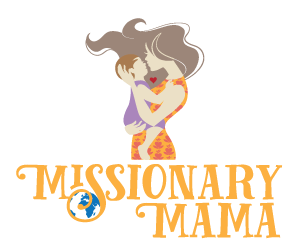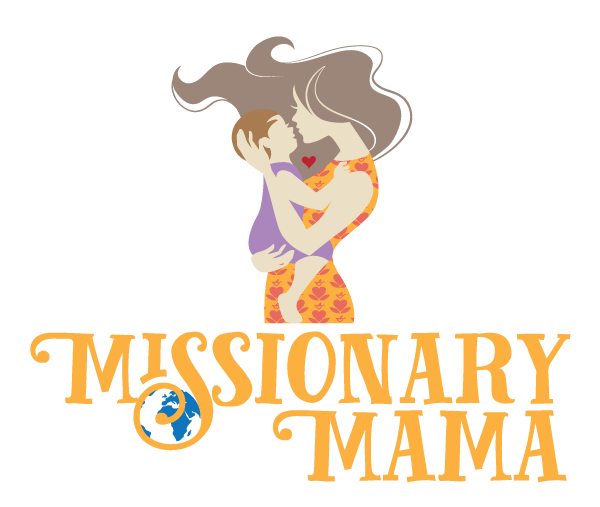
03 May The Power of a Story
The auditorium of hundreds of people quieted to a hush as she walked on the stage. My heart skipped a beat as I saw young adults putting their cell phones away and young children sitting on the edge of their seats, enraptured by this beautiful woman of strength and grace. We all knew that in the following moments we would be standing on sacred ground.
Her name is Halina Yasharoff Peabody, and she was 6 years old when World War II began. As a Jew in Poland, her story was one that drew tears from my eyes before it even began.
My children listened closely to her story. She shared of her father leaving early on, as they thought only the men were in danger at that point. Captured by the Russians and accused of being a spy, he was sentenced to hard labor in a Siberia prison. It was the stuff of a Dostoevsky novel, but it was real.

She shared how her baby sister was only two months old when the war began. Once her father left, it was clear that she needed to be her mother’s helper. She spoke of their “partnership” and the special relationship they shared. She spoke of times of hiding, of taking on a false identity to survive, of almost being turned into the Gestapo when a man on a train discovered they were Jewish. Her mother appealed to his conscience saying, “You don’t want us on your conscience. Let us go and see what will happen to us.” Miraculously, he let them go.
She spoke of a bomb exploding on the house where they were hiding and almost losing her hand, but kind nuns in a nearby hospital saving it with their skills and kindness. She spoke of moving to England and then Israel after the war to reunite with her father. She spoke of much more and then she took questions.
The children asked questions. One child asked her, “If you had the chance to speak to one of the Nazi leaders today, what would you say? Would you still hate them or forgive them?” She said hate is never the answer – all it does it poison you. We must look to make peace with our fellow man.
Her rejection of hatred and her entreaty to love and bring peace was met with resounding applause. Her message was heard by all and meant much more because of what she had suffered.
If she can forgive, we can forgive.
We hugged her and took pictures. We thanked her for sharing her story so that the next generation can hear and understand what happened. As we exited the auditorium, I asked the girls what touched them about her story. We each shared how her story impacted us. For a moment, as we walked through the Holocaust museum, we were still quiet.
Stories breed reflection.
We all hold stories within us. Stories that need to be told so that they will not be lost in the passage of time.
Stories must be told or they will be forgotten.
Who has a story that you need to hear? Is there a grandmother or grandfather you need to visit? A neighbor or a friend who has something sacred in their history? Is there a story you personally need to share with others, even if it is painful to tell?
One thing I am learning about sharing our stories is this:
Telling stories often takes great courage, but often brings great healing to the teller.
Listening to others stories is a way of honoring them. We gain knowledge and compassion when we listen and learn to the stories of the past.
Let’s all make more time to listen to stories that need to be told and tell stories that need to be preserved. As Martin Luther King Jr. said, “We are not makers of history. We are made by history.”




No Comments